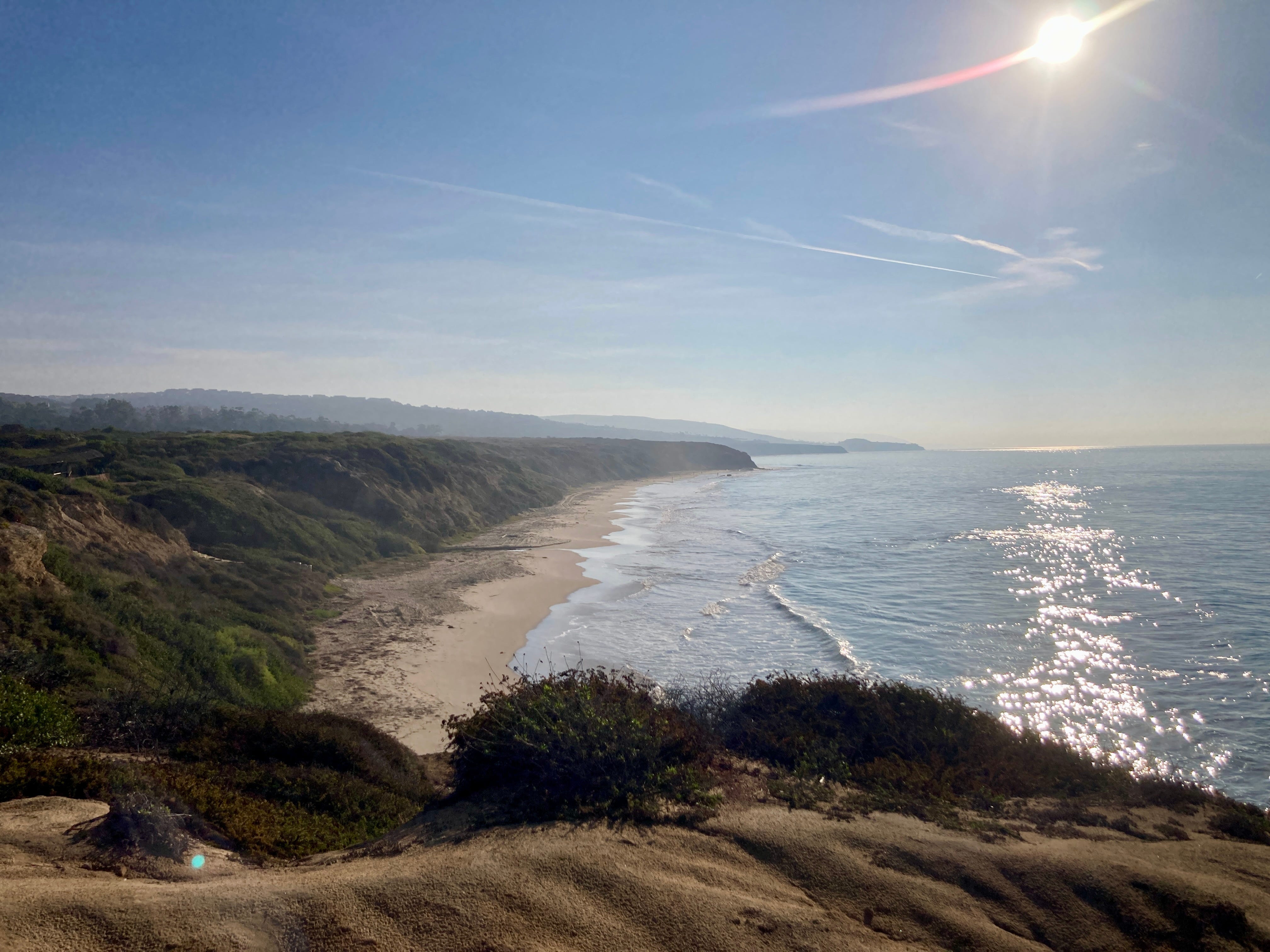Holiday reflections

Since my undergrad days (over a decade ago!), I’ve lived far away from the place of my upbringing. I’m reminded of how unusual this is every year when I visit for the holidays. Most of my family—including my extended family—live within an hour’s drive of each other. Meanwhile I’m situated across the country in Vermont, a state that’s quite sparse in terms of Vietnamese people.
This puts me at a distance from them, though I can’t say we were ever really close, even when I was physically present in my youth. Often there was drama of some kind that I escaped through reading, friends, and video games. Only later, after I had moved out and individuated on my own, did I realize that I wasn’t alone in my struggle to connect on a deeper emotional level with my family.
My parents are lovely people. But they don’t get along with each other. They avoid each other when duty doesn’t call, and when it does they put up their shields of tolerance to fulfill the task at hand. Often times their shields crack and out come the jabs and criticisms they direct at each other (and my siblings and I). It’s been like this for a long time.
My sister was always aware of the distance and conflicts between them while I was usually occupied by a pixelated or imaginative landscape. But we both bore the consequences of their ongoing tension, of their inability to repair the ruptures. Each have their own personal challenges, too, that make it difficult for me to imagine something better between them.
This seems to be a common experience among many first-generation Asian Americans, unfortunately. Vietnamese people in particular are a tough, resilient people. It’s built into their history and culture. But this also makes them incredibly fucking stubborn at times, leaving little room for grace and the possibility of intimate connection and understanding. There are certainly moments when the walls come down, e.g. my parents will manage to hug each other on Christmas morning. But left to their own devices and they will grit their teeth till nothing remains but flesh and bone dust.
My grandparents were unable to attend the Christmas gathering this year. They never missed one before, but my grandmother’s health has been deteriorating, and my grandfather takes care of her in response. He usually does the annual prayer that everyone glazes over, so that too was missing.
It felt strange. Their absence put me in a deeply existential mood, one that made the moment more poignant and delicate. The festivities went on as usual, and I wondered if I was the only person who felt this way. What seemed more likely was that the family had grown used to the circumstances. They each took turns caring for my grandparents, and therefore were already familiar with their increasing lack of presence. Loss, too, is baked into Vietnamese blood. But are we ever truly ready for it?
In a way we prepare for it all our lives. Through the witnessing of seasons, in the tales and stories we tell, as we transition from one moment to the next. My cousins, nieces, and nephews will always be younger than me, but many of them are no longer little. They all stand out a little more in their personalities, in their intelligences and ways of being, in their unadulterated laughs. If there is hope for the older generation, it exists in the children and the cultivation of their latent sense of possibility. I wish I had enjoyed their company more when I was a child, but it’s never too late to change. Such is the substrate of life.
Sometimes all it takes is a little bit of distance to realize this. In it I recognize more clearly the limitations of seeing my parents only as parents. They are humans, too, in all their quirks and shortcomings, in all the ways they continue to try their best despite (and because of) the hand they were dealt. It’s their otherness that fuels my appreciation and ignites my compassion for them. It’s the distance that makes coming home meaningful.